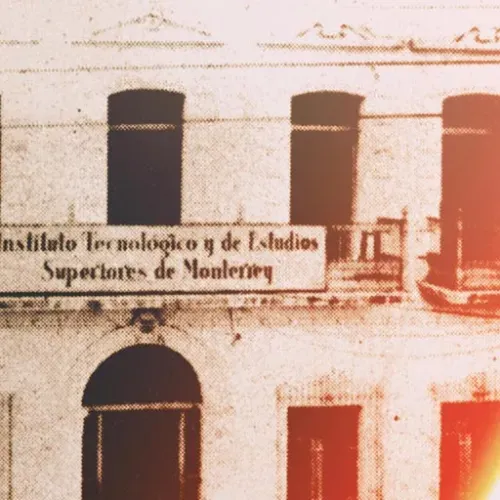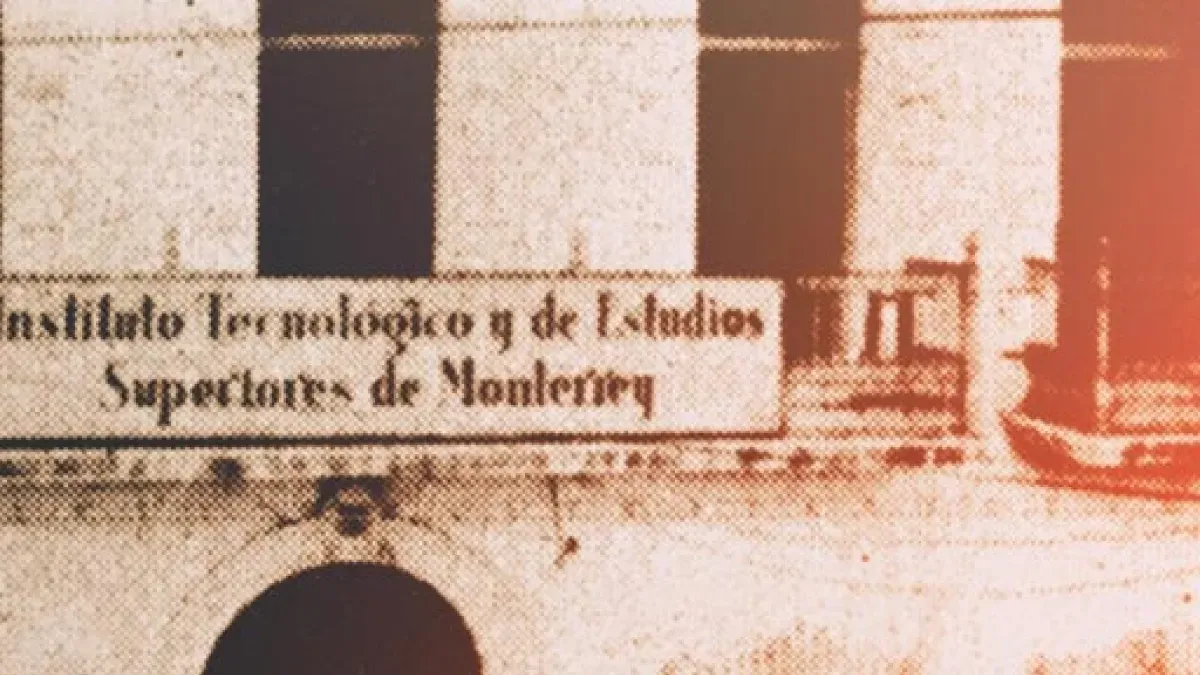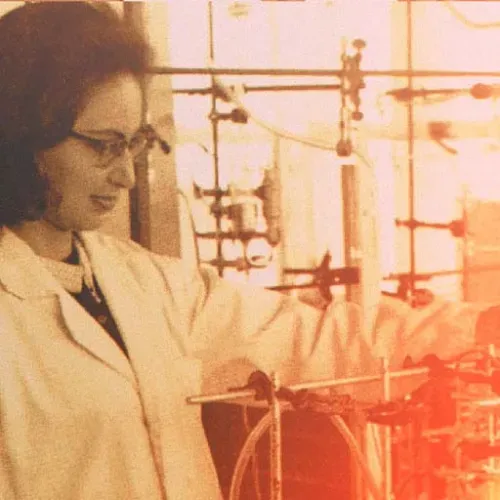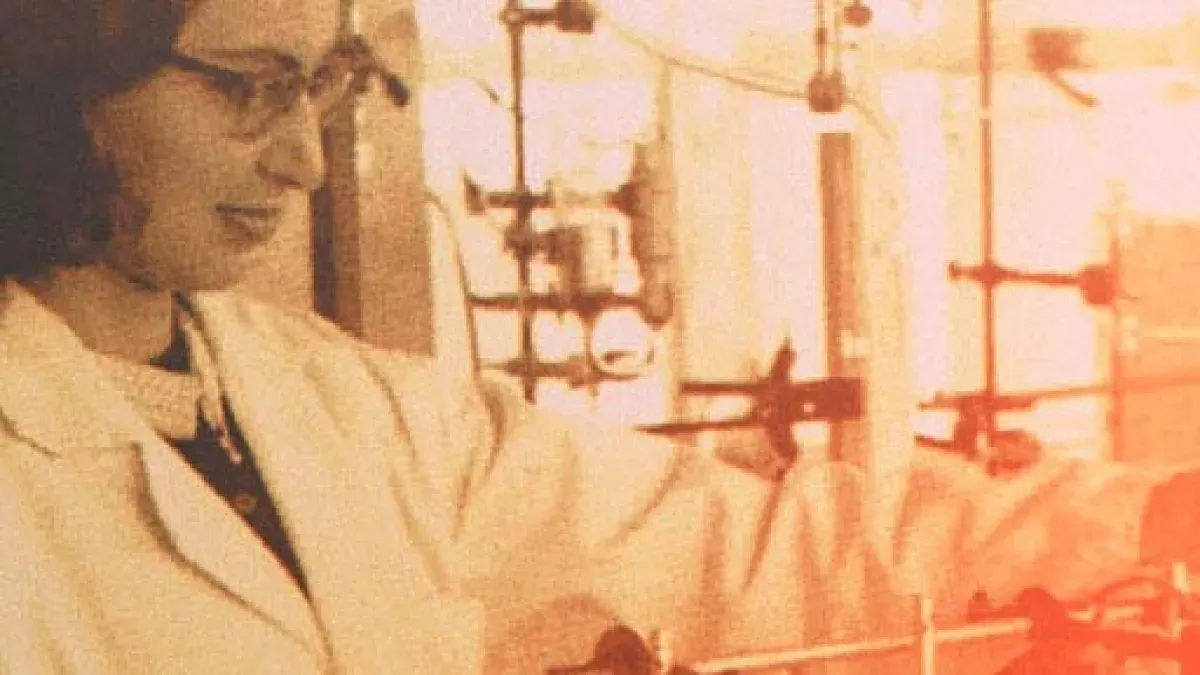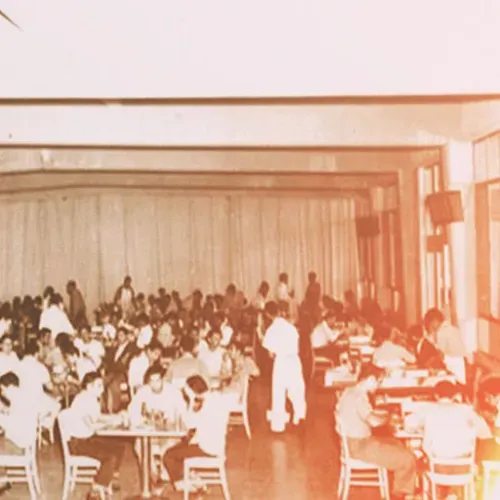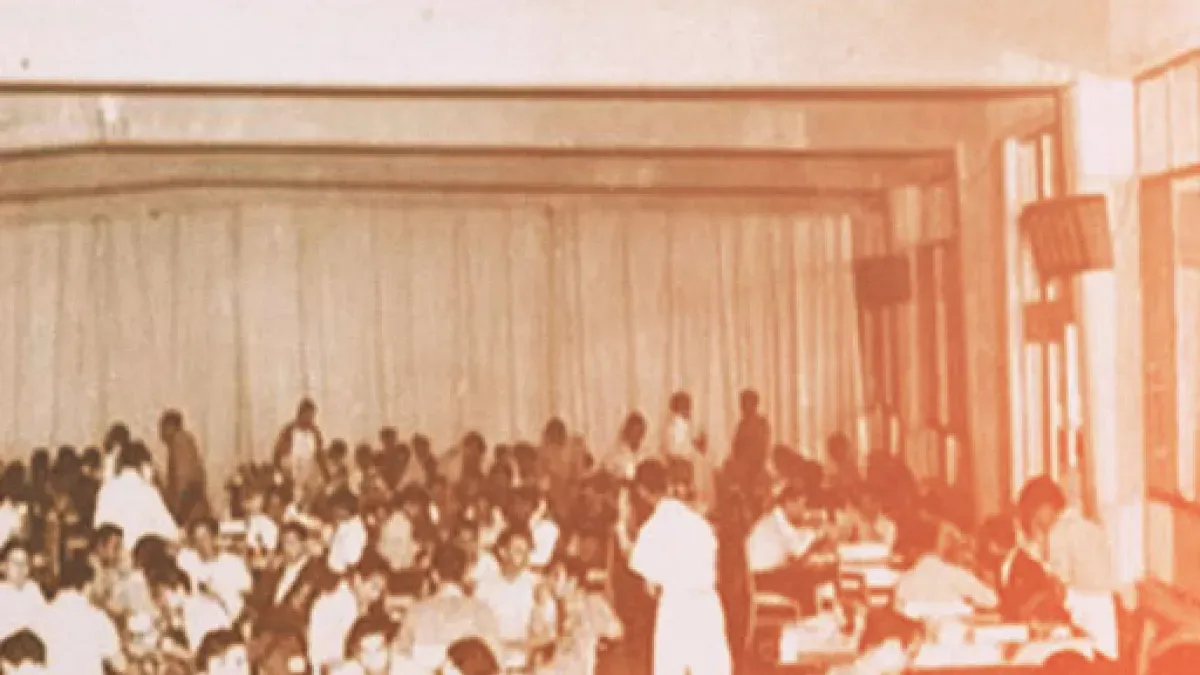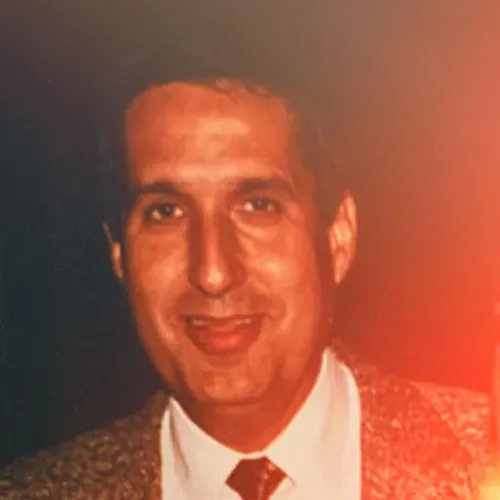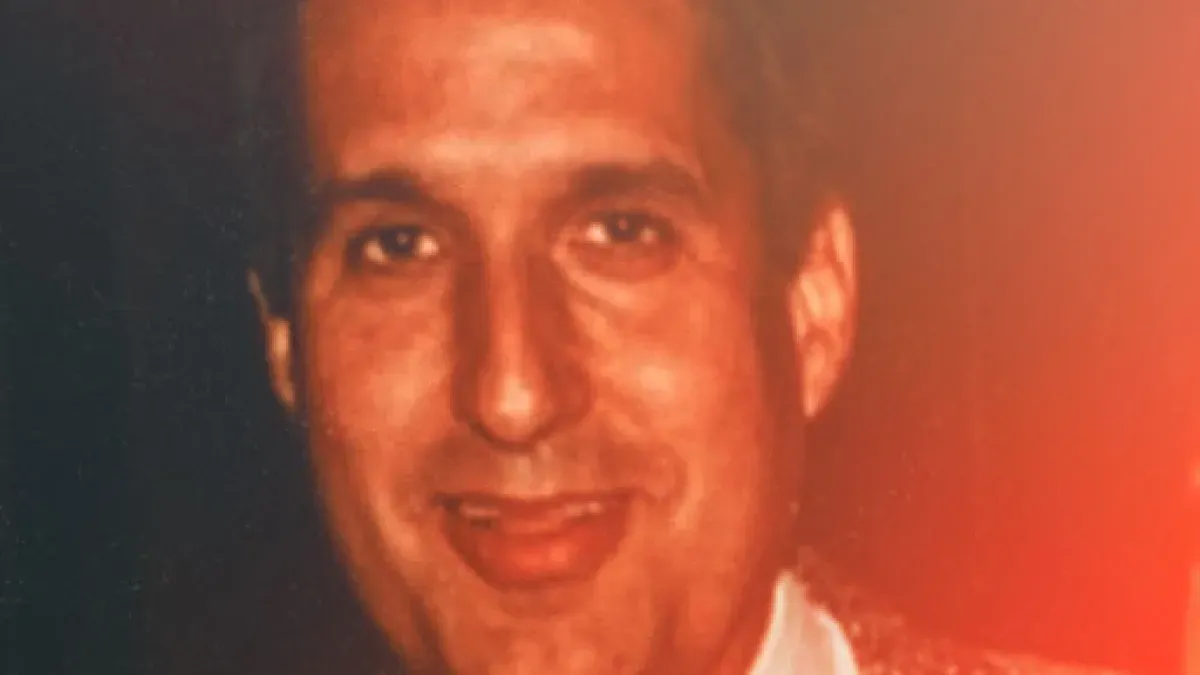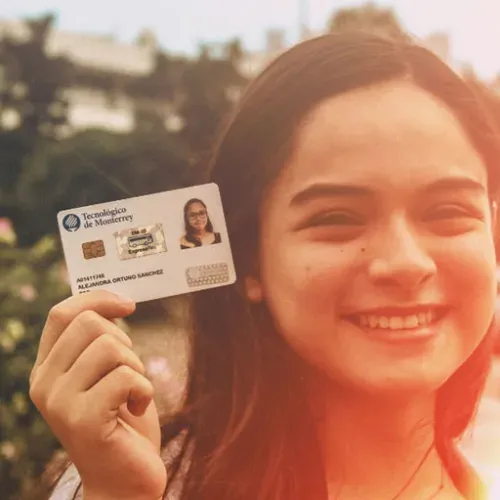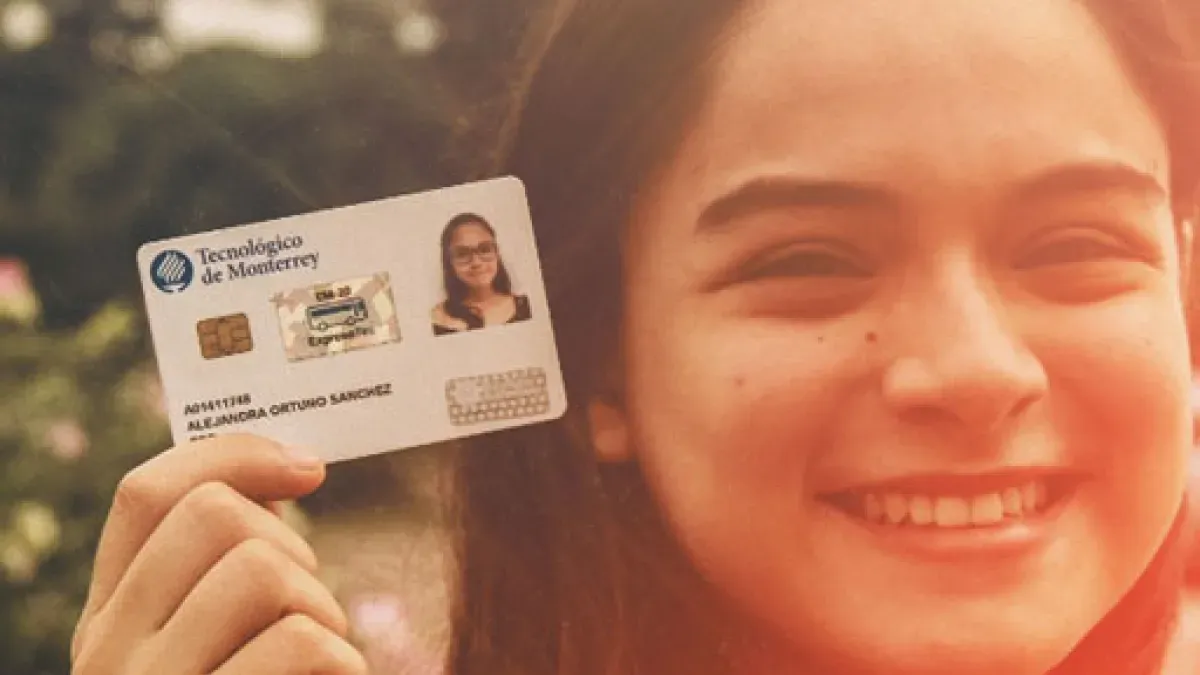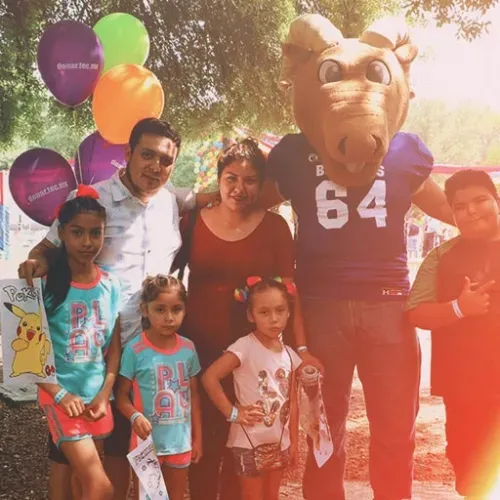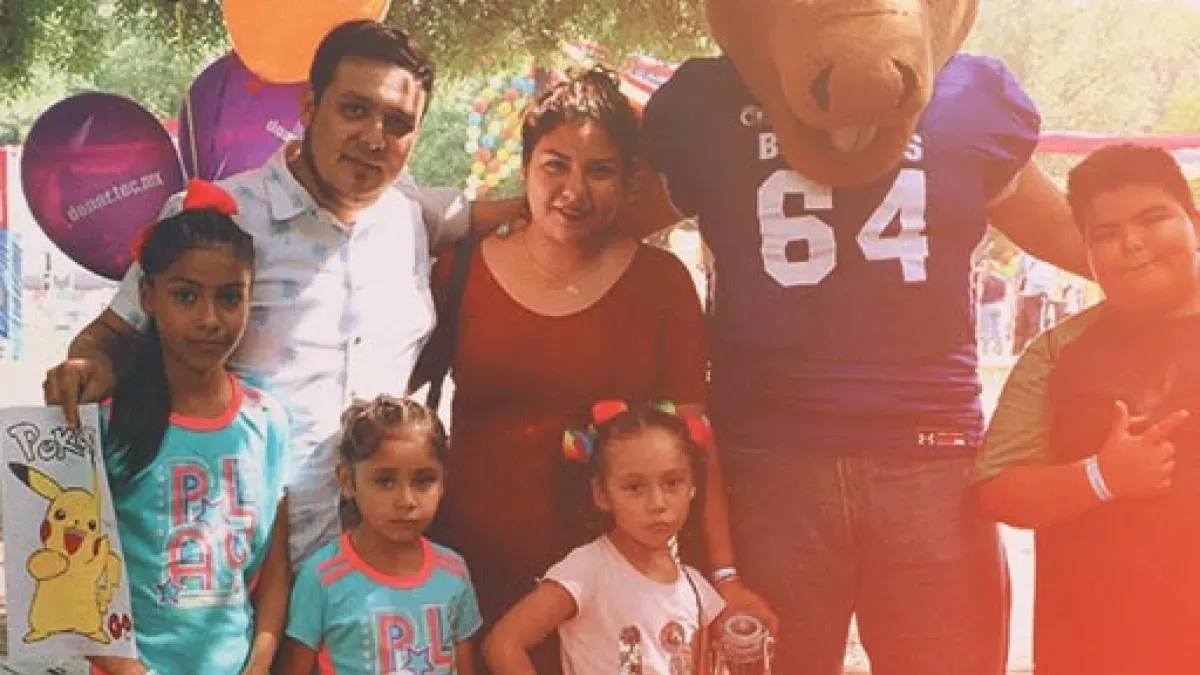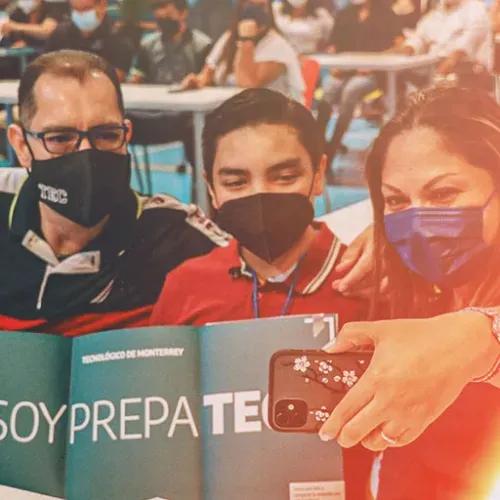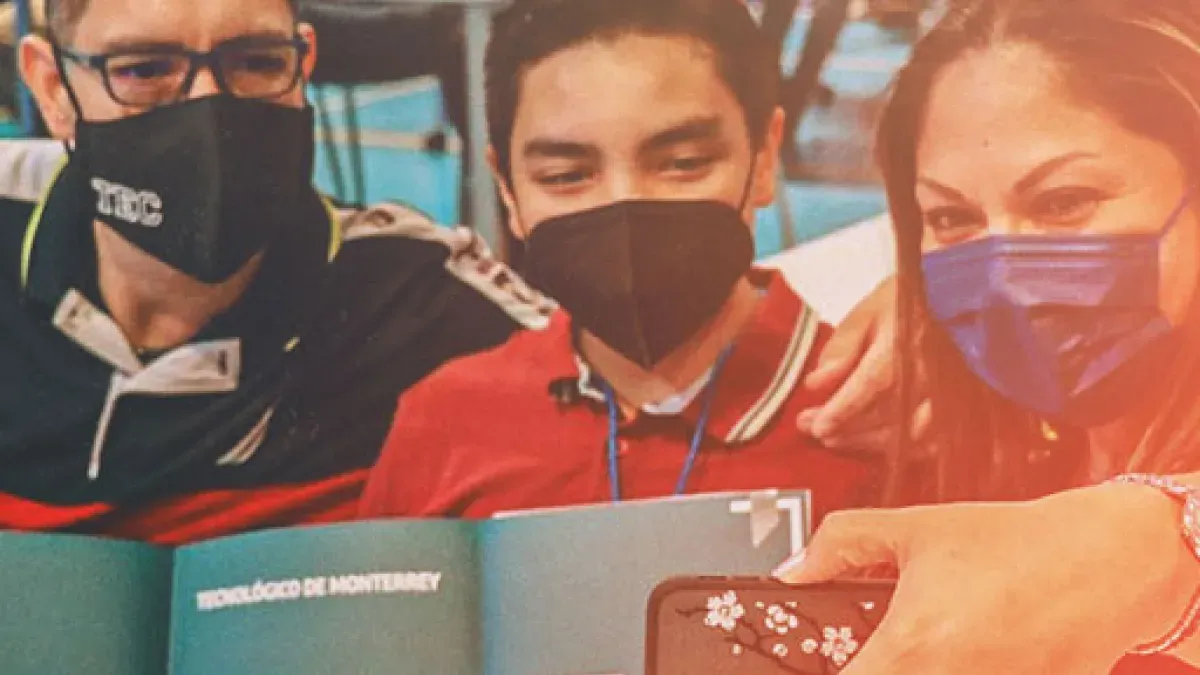Top 5 de publicaciones 2015-2019
- A review of optimal control techniques applied to the energy management and control of microgrids
Autores: Minchala-Avila, L., Garza-Castañón, L., Vargas-Martínez, A., & Zhang, Y.
- Motor imagery based brain-computer interfaces: An emerging technology to rehabilitate motor deficits
Autores: Alonso-Valerdi, L., Salido-Ruiz, R., & Ramirez-Mendoza, R.
- Optimal Energy Management for Stable Operation of an Islanded Microgrid
Autores: Minchala-Avila, L., Garza-Castanon, L., Zhang, Y., & Ferrer, H.
- Human-like compliant locomotion: State of the art of robotic implementations
Autores: Torricelli, D., Gonzalez, J., Weckx, M., Jiménez-Fabián, R., Vanderborght, B., Sartori, M., Dosen, S., Farina, D., Lefeber, D., & Pons, J.
- Classification of motor states from brain rhythms using lattice neural networks
Autores: Gudiño-Mendoza, B., Sossa, H., Sanchez-Ante, G., & Antelis, J.
